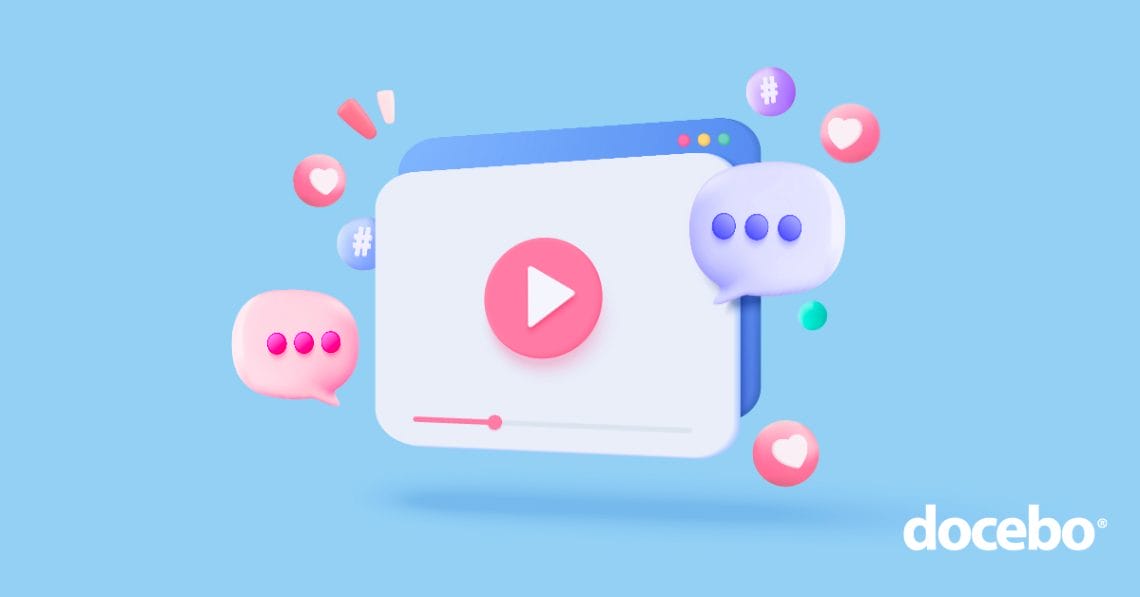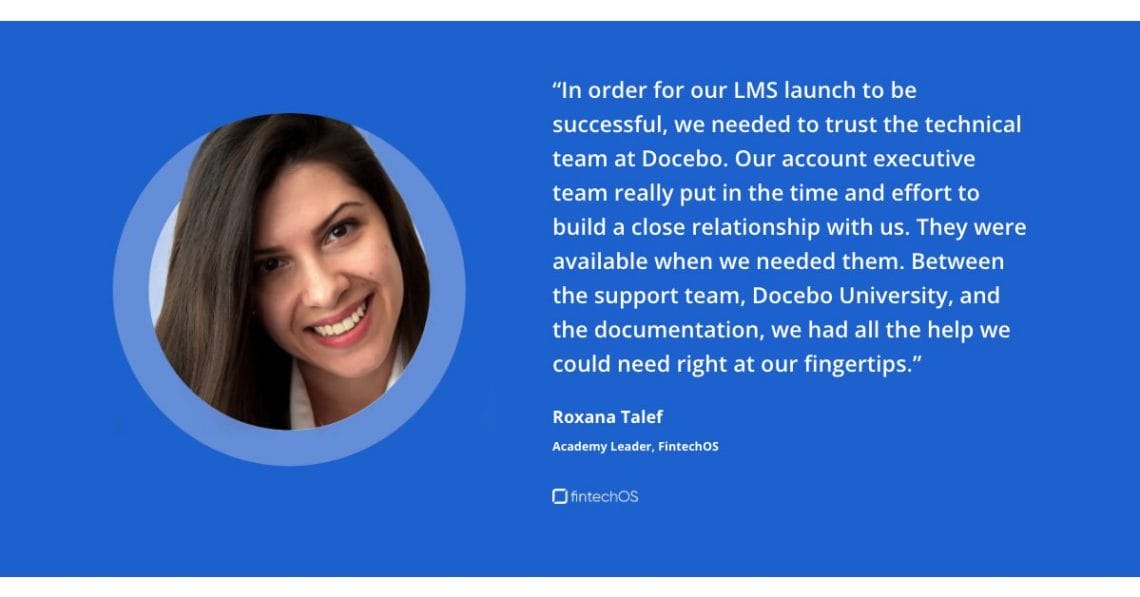
No person is an island and no business should be either. Having great partners by your side makes everything easier. Whether the relationship is consultative and the partner helps you innovate your core product or it’s built around the mutual benefits of selling, partnerships are critical.
But of course, the quality of a partnership depends on factors like onboarding, communication, incentives, and training. And research compiled by Deloitte suggests that many partner relationships have room for improvement. Big improvement. Three-quarters of partners say they want increased support, transparency, and predictability in programs. Meanwhile, close to 40% want more consistent rules of engagement, improved training programs, and simplified incentive management. 61% of partners feel that they have insufficient strategic guidance and 70% say the onboarding processes should be streamlined.
Oof.
These are scary numbers. But it’s because partners are so rarely empowered to succeed. Imagine how alarming the surveys would be from your sales team if you didn’t train or empower them. Partners are sellers, too. And they can be strong revenue generators—if they’re empowered to be.
Here’s the good news: There’s a single solution that can make a big difference in resolving these problems.

An engaging learning experience will help your partners excel.
Building a partner academy
Having a centralized destination where your partners can find everything they need—a partner academy—is extremely beneficial. A great academy:
- Makes your partners more self-sufficient, providing the training they need when and where they want it. This equals better-trained partners with less required hands-on time from partner managers.
- Increases trust in the partnership. Your organization can feel confident that a partner understands your product and respects your brand, and your partners can sell more confidently.
- Makes partner education more scalable by shifting one-to-one training to an always-on platform that can serve an audience of any size, in any location, in any language.
- Ultimately improves revenue because the more knowledgeable your partners are, the more they sell.
Of course, “Just build a partner academy!” isn’t the most realistic advice to implement.
But don’t worry: There are clear steps you can take to make it easier.

Building a partner academy doesn’t have to be hard.
First, don’t be afraid of starting small. Try developing a single course about your most important product features, create a ‘how to sell’ video, or work on streamlining the partner onboarding process. And before you start evaluating new tools and technologies, make sure you’re fully leveraging your existing tech stack. If you’re using Docebo’s Learn LMS, great! That means you can already deliver personalized training to external audiences like partners.
Next, get aligned with your sales enablement team. Odds are, a lot of the content you’re using to train your sellers can be repurposed for your partners as well. This is a powerful way to do more with less and squeeze extra value out of the content you’ve already created. And if you’re using Docebo, our built-in Groups and Branches functionality automates the process of grouping and segmenting users and delivering content, so the right audiences get the right content at the right time without adding extra administrative work.
Finally, leverage the power of community. You want your partners to feel supported and empowered, but this doesn’t mean that you need to do all of the supporting and empowering yourself. A community can bring partners together, facilitate knowledge-sharing, and make partners feel like they’re part of something special. But remember: Community building is about more than just turning on an online forum. Use ideas like these to energize your community:
- Commit random acts of advocacy: Send gifts to partners to show you care.
- Stay up to date on your partners’ business and support them through co-marketing activities like webinars and business stories, elevate their voice on social media, etc.
- Create meetups and networking events to bring partners together, share stories, and learn from one another.
- Remember that partner training isn’t always unidirectional. Sometimes they have insights and strategies that can benefit your team! Make sure there are channels to capture those insights.
- Invite them into your digital customer community so they can help support your customers. (Pro tip: Build a set of Partner Community Guidelines that outline the rules and standards you want partners to follow when interacting with customers.)
- Just as you engage with customers for things like Product Design Groups, you should engage with Partners. Get them more involved in the product roadmap so they can prepare proactively and make better business decisions, which helps them grow, thrive, and be more effective sellers.
This may feel like a lot to consider, but you can achieve amazing results relatively quickly. For example, FintechOS is a technology company that helps banks, financial institutions and insurers launch new products. But when they wanted to launch a new learning academy for their employees and partners, they chose Docebo. With Docebo’s help, they went from procurement to launch in just nine weeks. And that academy has had an incredible impact, with 5-7 full courses completed per user.
 Going from good to great
Going from good to great
If you’ve followed most of the steps above, you’ll already have a partner academy that’s driving revenue and helping you build your brand, and you’ll be significantly ahead of most organizations. But if you want to be a leader in partner enablement, here are some additional steps to truly excel:
- Personalize the experience for different partners. Think about the role each partner plays: Are they an innovation partner, a vendor, or some mix of both? Tailor the content and learning experience to meet their unique needs. To make this easier, integrate your LMS with your PRM system to help automate personalization. Docebo Connect makes custom integrations like this easy.
- Add incentives through gamification. Leaderboards and badges can be effective with partners, but the real impact comes with certifications and credentials. Empower your partners to earn certifications and you’ll benefit twice: Once from more engaged and skilled partners, and again when they share those credentials on their website and on social media, which boosts your brand awareness.
- Consider monetizing your program with certifications. This is an excellent way of building a world-class partner ecosystem and ensuring your partners carry through your values with their customers.
Train your partners. Grow your business.
Most partners want increased support, transparency, and predictability in programs. By investing in partner enablement and building a partner academy, you can give it to them, helping them sell your products and advocate for your brand.
And if you want to make it easy (or launch a full-fledged academy in nine weeks!), then you’ll want to find out more about the #1 learning platform.

